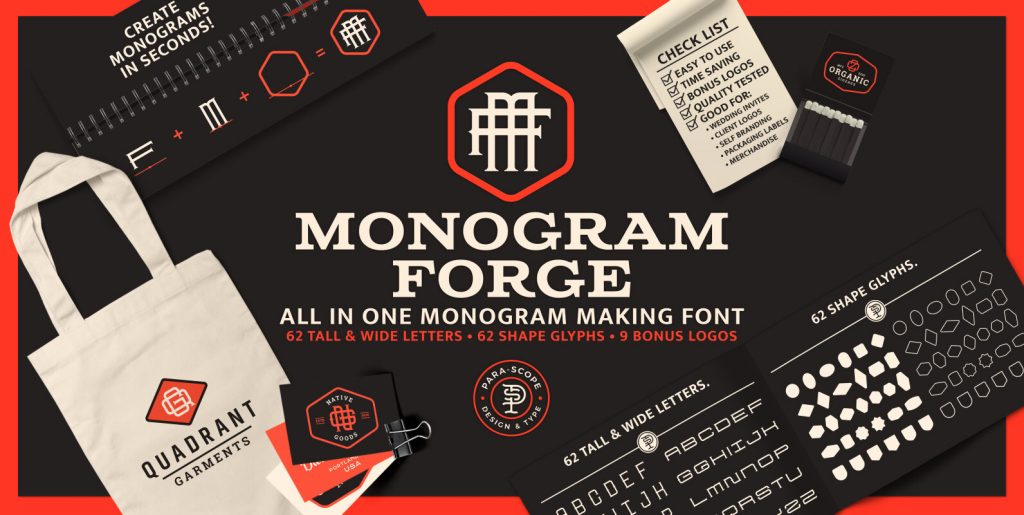Waba, pronounced ‘Vah-bah’, is a font family that I designed. The name comes from a historical variation on the Estonian word ‘vaba’ – meaning ‘free’, or ‘at liberty’.
Back in 2017 I visited the Estonian Print & Paper Museum in Tartu to see its great collection of type (well worth a visit!). While I was there I saw some big woodcut blocks of Reklameschrift Herold – a super Art Nouveau/Jugendstil style display font. The Print & Paper Museum’s collection covers both Latin and Cyrillic faces and as a foreigner in these parts I’m kind of fascinated by the exoticism of Cyrillic. How it is different but the same to the Latin letters I take for granted (as a humble Englander – no excuses). Not to mention, Jugendstil with its imitation of natural form, reverse-weights and looping-delicious curves (like you’ve left the window open all summer and the garden plants are climbing in). This mix of Jugendstil, Cyrillic letters and the beautiful historical border town of Tartu inspired me to start drawing Waba.
Trimming the serifs from Herold, simplifying those angles and expanding the category of weights, then taking look at the magical logic of Berthold Block and doing a few things that just seemed right at the time – Waba is a bit of love letter to Estonia, the Baltics and the visual history of Eastern Europe.
Waba Monogram
Waba also contains a monogram face, which allows you to create any monogramming latin and cyrillic. Simply type out your 2-3-4 characters in Waba Monogram, making sure Contextual Alternates is turned on them voila! Monograms can be customised manually using the OpenType select-pop-up in Adobe. Also included are a few Discretionary Ligatures for Mc, De, Von etc.
Waba Kontor
An outline uppercase version of Waba is available for free. Because I’m a nice guy.
A special thanks is owed to Manu de Lignières for his work on the monograms and helping wrap-up the font, Minnesotan-Estonian translator and poet Adam Cullen for writing the bulk of the type specimens and the Estonian Print & Paper Museum for the inspiration behind the Waba.

